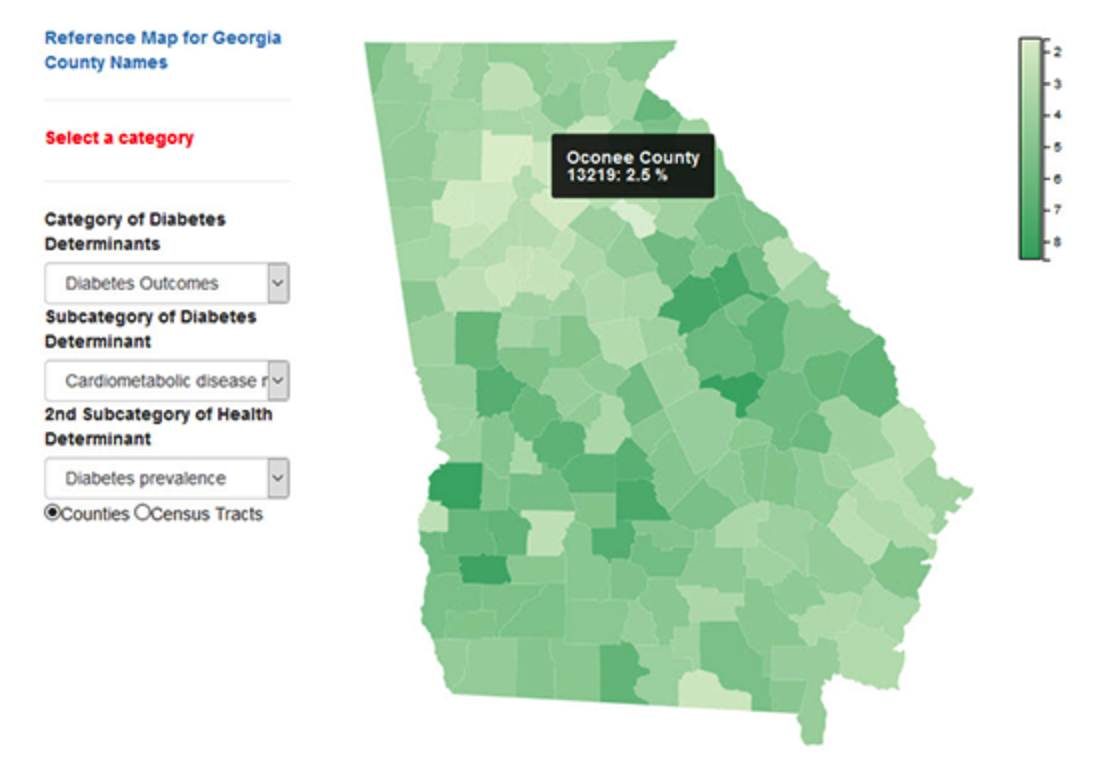IPaT Secure Data Enclave (IPaT SDE)

The IPaT Secure Data Enclave (IPaT SDE) supports research that requires secure data handling. The system supports data handling of medical records in compliance with HIPAA and Protected Health Information (PHI) or the new national requirements for Controlled Unclassified Information (CUI). The environment is also available to handle other compliance requirements. The IPaT SDE allows secure data projects to be streamlined, letting you quickly start your work. Data security is a shared responsibility, but using the IPaT SDE gives you a capable, robustly compliant environment and an experienced team to support you.
Data security policies and procedures are in place and managed by a team of compliance and IT experts from both Georgia Tech’s Institute for People and Technology and GTRI. This unified OneGT approach allows researchers from both Tech and GTRI to make use of the environment.
The IPaT SDE environment is accessed via a Microsoft Remote Desktop virtual system and can provide Windows and Linux VM environments configured for research needs. Some limited GPU resources are available.
If you are a Georgia Tech researcher needing secure data services or an industry partner interested in working with Georgia Tech researchers on projects requiring protected data services, please contact us to discuss how we can meet your security needs: SDE@gatech.edu.
Definitions
- HIPAA – Healthcare Insurance Portability and Accountability Act a 1996 federal law that initiated the rules to protect patient data. It has been supplemented throughout the years and now is a catchall term for healthcare compliance.
- PHI – Protected Health Information – This term has a specific legal definition under HIPAA of specific information gathered from a healthcare provider that would be consider individually identifiable and protected. It is also used generically to reference medical information containing PII, but that may not meet the legal definition of HIPAA PHI, specifically as it is gathered for research with appropriate waivers. It is important to distinguish between the two to understand the legal requirements to working with the data, but we have a responsibility to protect PII in any case.
- CUI – Controlled Unclassified Information – This is a relatively new requirement for working with data that comes from the federal government, but it will probably have more widescale adoption as a standard in the near future. This is government information that is considered sensitive but not classified as secret or top secret. It must be safeguarded in an environment that protects it from unauthorized access. This set of standards and requirements is known as CMMC (the Cybersecurity Maturity Model Certification) and will become the auditing mechanism as the policies are rolled out from the government.
- HITRUST – a requirements framework for 3rd party HIPAA auditors and accessors. A set of requirements that an entity must meet with policies and procedures to gain HIPAA compliance for an environment.

IPaT SDE Use Case Examples

The Children's Healthcare of Atlanta Pediatric Technology Center is housed on the ground floor of the Roger A. and Helen B. Krone Engineered Biosystems Building (EBB) at Georgia Tech.
Pediatric Technology Center
IPaT SDE services are supporting these Children's Healthcare of Atlanta research focus areas
Pillar 1 – Data Science, Machine Learning, and Artificial Intelligence
- Goal is to design a system to predict “critical deterioration” of children. A deterioration event results in a severe risk to the child.
- The system will include a real-time FHIR application on the Childrens’ infrastructure running models to be developed inside the IPaT SDE environment using data from Childrens’ Datalake and EHR datasets. The models will be built using a new 4xH100 GPU server bought to support both Pillars.
Pillar 2 - Patient-Centered Care Delivery
- Care coordination and integration of pediatric healthcare: Delivering care through multiple settings (in clinic, at home, in school and via telehealth) and across different providers and services.
- Care system navigation through a single-digital solution: Connecting care systems outside of Children’s through a unified interface to integrate scheduling and referral systems, communication between patients and parents/caregivers, and submission of lab and imaging
- Health policy for supporting care coordination and improving access: Enhancing care coordination, access to different modalities of care and technological advancements.
- Data models to be developed inside the IPaT SDE environment using data from Childrens’ Datalake and EHR datasets. The models will be built using a new 4xH100 GPU server bought to support both Pillars.

GTRI Research Support
IPaT SDE services are supporting GTRI research projects involving Controlled Unclassified Information (CUI).
GTRI needed data support for an Army Ground Safety Project
- IPaT SDE created a new system security plan
- IPaT SDE's policies and procedures and HITRUST controls expedited the completion of the new CUI certification
- This compliance effort involved GT and GTRI cybersecurity, GRC, OSP personal and IPaT SDE staff.
- This project will ease efforts to host future CUI projects and will help with future PACE integrations
Claims Utilization Research of Myalgic Encephalomyelitis/Chronic Fatigue Syndrome in the Georgia All-Payer Claims Database (CURe-ME)
- Using an official extract from the Georgia All Payers Claims Database (APCD)
- GTRI is using IPaT SDE for security and compliance oversight, data management, and storage and compute resource

CMS Medicaid Dataset
IPaT SDE hosts Medicaid data from 2005 - 2020 for research
Allowed Research Usage
- Measuring and explaining inequities
- Optimizing interventions and delivery systems
Claim File Types
- Members & Eligibility
- Inpatient Claims
- Rx Claims
- Other” Claims - (Outpatient, clinics, labs, and others)
Dataset Contents
- Costs and Charges
- Procedures and Diagnosis
- Prescriptions and Charges
- Membership Eligibility
- Race, Gender, Ethnicity, and Age
- Location Information
- Provider NPI

I-CONECT Dataset
IPaT SDE hosts internet-based conversational engagement clinical trial data
Collected as part of a clinical trial to examine how social engagement via technology impacts brain health in socially isolated older adults
- Participants: 75 older adults (75 yo+)
- Intervention: Regular conversation via video chat with a trained conversational partner (30 minutes, 2-3x/week over 6 months)
- Dataset: audio/video recordings of chat, ASR transcriptions

Data Engineering Services
The IPaT SDE team has extensive experience in Data Wrangling, especially in the health data space. Data extract-transform-load (ETL) design, extract-load-transform design for data lakes, SQL database design, and other data engineering skills. These are usually project based work for research scientists and engineers, but some of these are offered as part of the general IPaT SDE onboarding.
Examples of data projects utilizing IPaT SDE team expertise:
- Georgia All Payers Claims Database – ETL, OMOP CDM transformations, Data Extracts, Data Release Reviews, and Privacy, Security, and Compliance.
- CDC T10 – ETL, OMOP CDM transformations, Porting of code to Azure Databricks
- CHoA Pillars 1 & 2 – Data Capture design, Health Data SME, Data import/export, and Privacy, Security, and Compliance.
- CMS Medicaid – Database design (~45 TB MariaDB instance), Performance monitoring and advising students and other researchers on refactoring, Data ingest and ETL. Data SME

Data Management Plans and Consulting Services
Another capability of IPaT SDE is the personnel and our storehouse of knowledge about the compliance space. We offer a more hands-on approach when we talk with groups about their needs. We approach the space with an operational and security perspective. This allows us to assist with the creation of compliant spaces outside of IPaT SDE. We also can craft data management plans for proposal submission that describes the approach that should be taken if the project is funded. These can serve as the design for the approach to meeting the compliance requirements needed at project startup and guide to resources that may need to be added to the budget.
Examples of projects requesting consultation:
- IBB Molecular Evolution Core CLIA controls
- Army Ground Safety CUI controls
- Mt. Sinai Cooperative Research and Development Agreement (CRADA) for deidentified health data (requires IPaT SDE even though deidentified)




